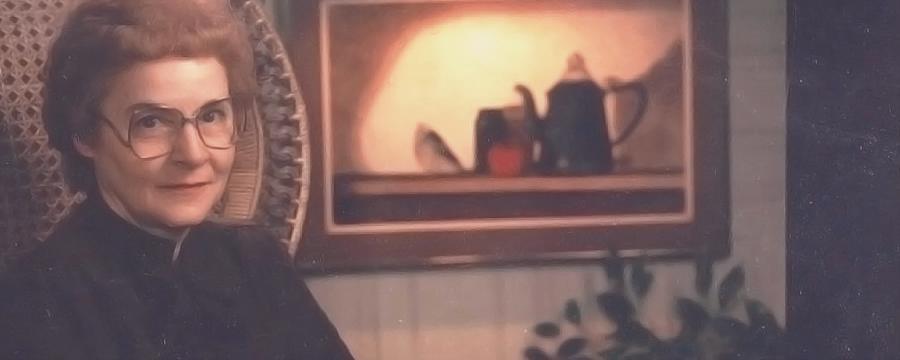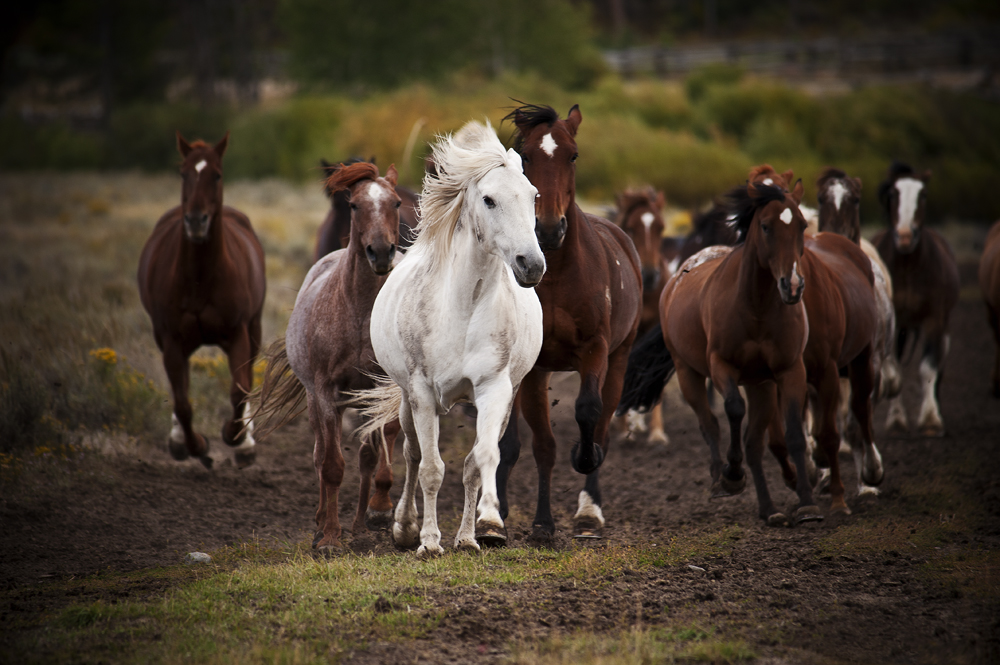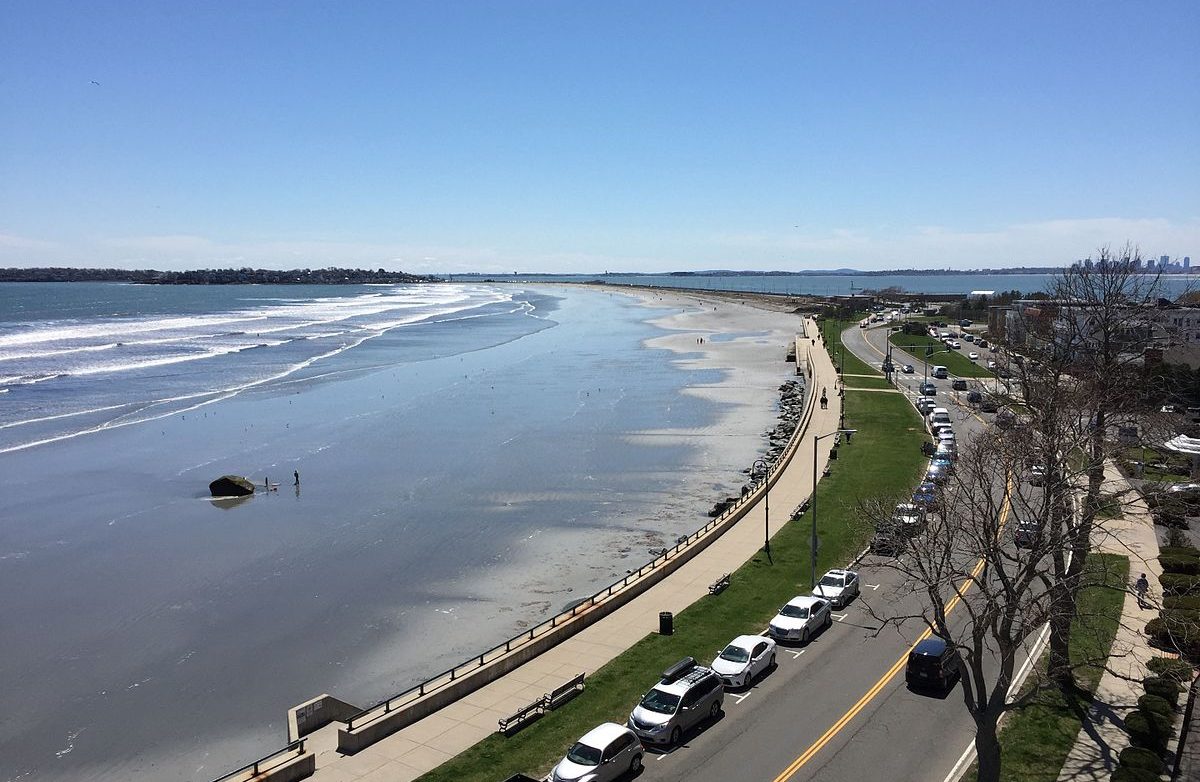“Ode to Kitty”
Oh my kitty, how you fascinate the mind
Your quiet moments in time do rewind
The gentle touch as you knead me to pet
For if I do not, you may get upset
In the flash of a moment you change to the red
As eyes flash with anger and hatred instead
Then the next second, you switch to love and are kind
Tearing me through this emotional grind
There are many a moment you make me feel awed
And many a more that I know I am flawed
But you handle each day living in present
Focusing on the good, not the unpleasant
As mad as you make me, our bond is so true
Holding you close, there’s nothing like you
Keep your claws in or I’ll use my profanity
I do love you however, despite your insanity
About This Poetry Form
Name: Ode
Description:“Ode” comes from the Greek aeidein, meaning to sing or chant, and belongs to the long and varied tradition of lyric poetry. Originally accompanied by music and dance, and later reserved by the Romantic poets to convey their strongest sentiments, the ode can be generalized as a formal address to an event, a person, or a thing not present.
This particular poem is about someone very dear to me.
About This Series
Read more about this series here.







 The North Shore Watch
The North Shore Watch


 I stand upon my ship.
I stand upon my ship.